Speakers
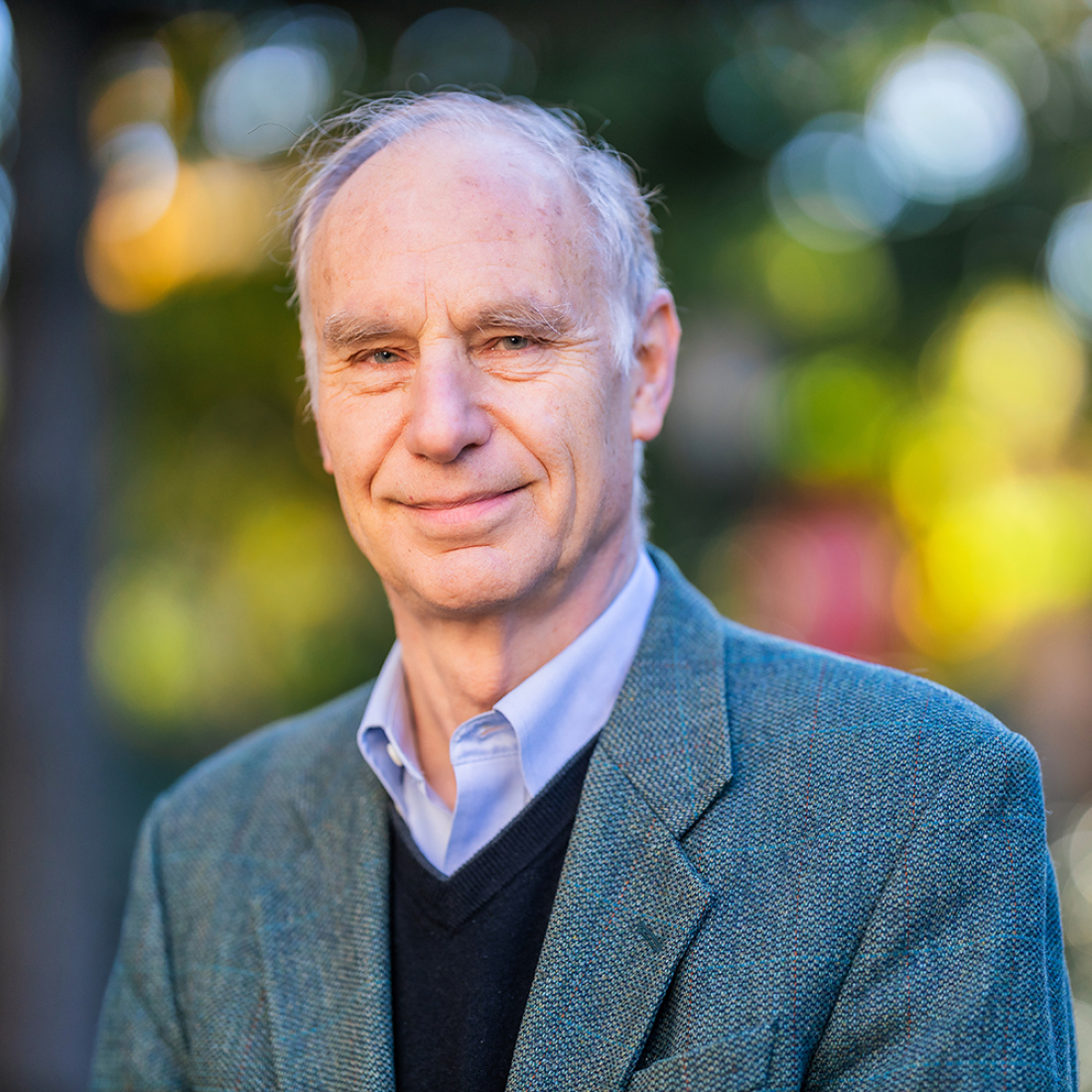
PAUL HARRIS
Paul L. Harris is a Professor at the Harvard Graduate School of Education and one of the leading contemporary developmental psychologists. After studying psychology at the University of Sussex and the University of Oxford, he taught at the University of Lancaster, the Free University of Amsterdam, and the London School of Economics. His work focuses on issues related to children's emotional, epistemic, and social development.Harris is particularly interested in how children perceive emotions and how these emotions shape their ability to understand other people. He also studies how children learn to trust others. He is the author of many influential publications in the field of developmental psychology, especially the book Development of Psychological Understanding. In it, he discusses how children develop the ability to understand psychological aspects of human behavior, such as the intentions, emotions, and motivations of others.
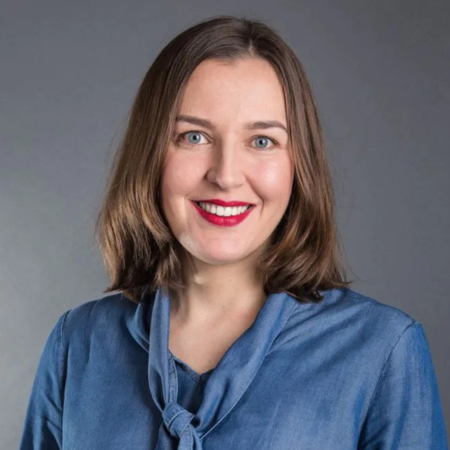
AGNIESZKA PLUTA
Agnieszka Pluta is an Associate Professor at the Department of Neuropsychology at the Faculty of Psychology, University of Warsaw, and the head of The Mind Lab. Her research interests primarily focus on issues related to social neuroscience, clinical neuropsychology, and the use of modern biomedical imaging techniques (mainly functional magnetic resonance imaging and functional near-infrared spectroscopy) to study the neural correlates of cognitive processes. The article "Theory of Mind Development in Deaf Children with Cochlear Implants: Literature Review" focuses on the development of Theory of Mind (ToM) in deaf children who use cochlear implants. The research highlights how cochlear implant technology affects children's ability to understand the intentions, emotions, and beliefs of others, which is a key element in social-cognitive development.
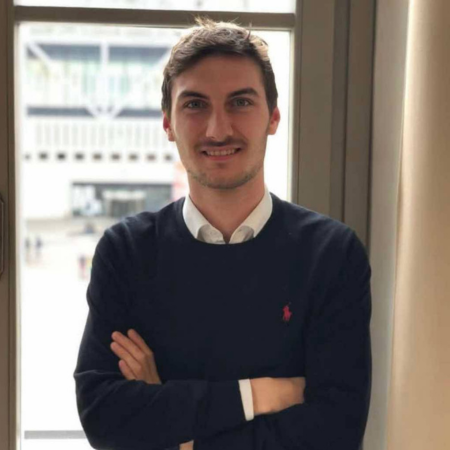
ALESSANDRO CAROLLO
Alessandro Carollo is a Ph.D. student in Cognitive Science at the University of Trento, specializing in social neuroscience and developmental psychology. His research focuses on early childhood development, particularly the dynamics of caregiver-child interactions and the neurobiological foundations of parental. One of his notable studies, “Children’s Online Collaborative Storytelling during 2020 COVID-19 Home Confinement,” examined how digital platforms can foster prosocial behaviors and shared representations among children during periods of isolation. Additionally, Alessandro Carollo conducted a comprehensive scientometric review titled “A Scientometric Review of Infant Cry and Caregiver Responsiveness,” which analyzed six decades of research on infant crying and caregiver responses, highlighting areas such as maternal sensitivity and the neurobiology of parental reactions.

EWA HAMAN
Ewa Haman is a Professor at the Faculty of Psychology at the University of Warsaw, specializing in developmental psycholinguistics. Her research focuses on early language development in monolingual and multilingual children, with particular emphasis on lexical development and developmental language disorders. Ewa Haman leads the MultiLADA, aimed at developing tools for assessing language development and supporting parents of multilingual children. Her scientific work bridges fundamental research with practical support for parents and professionals, promoting optimal conditions for childrens. Ewa Haman's book, "Children's Word-Formation in Psycholinguistic Research" (2013), focuses on studying the word-formation processes in children from a psycholinguistic perspective. The author analyzes how children create new words, how they understand linguistic mechanisms, and what strategies they use to construct meaning.
.png) PRZEMYSŁAW TOMALSKI
PRZEMYSŁAW TOMALSKI
Professor Przemysław Tomalski is a developmental psychologist and neurocognitive scientist, head of the Neurocognitive Development Lab at the Institute of Psychology, Polish Academy of Sciences. His research focuses on brain development and cognitive functions in early childhood, as well as the impact of the family environment on emotional development. In his research, he uses neuroimaging techniques such as EEG and fNIRS to study the mechanisms of attention, learning, and emotional regulation in young children. In the article “The two-process theory of face processing: Modifications based on two decades of data from infants and adults”, published in 2015 in Neuroscience & Biobehavioral Reviews, an updated theory of face processing is presented, based on two systems. The innate system, which directs attention to faces, and the acquired system, which develops with experience. The article combines research on infants and adults and has become an important reference point in developmental psychology.
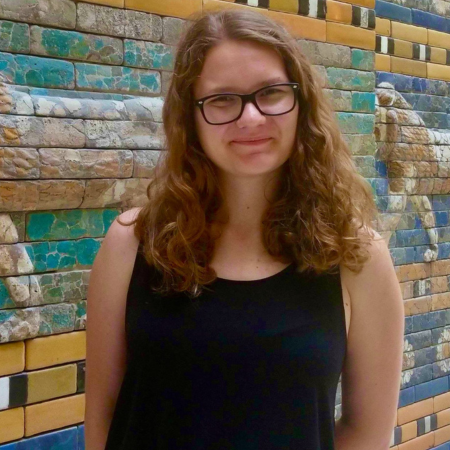 ZUZANNA LAUDAŃSKA
ZUZANNA LAUDAŃSKA
Zuzanna Laudańska is a postdoctoral researcher in the Department of Child and Adolescent Psychiatry at Heidelberg University Hospital. Her research focusing on early speech development in both typically and atypically developing infants. As an early career researcher in the interdisciplinary field of developmental cognitive neuroscience, she is particularly interested in how infants' brains develop and how their social and linguistic environments influence this process. She also explores how motor development supports early interactions with caregivers. She is passionate about data analysis and scientific writing. In the study: „Improving access to assessments of early motor development in local languages: polish adaptation of the Early Motor Questionnaire” Zuzanna Laudańska with other researchers worked on adapting a questionnaire that helps parents report how their baby moves and develops motor skills. The goal was to make a Polish version of the Early Motor Questionnaire (EMQ) and check if it works well. She tested it with many parents and found that the questionnaire gives reliable results. It could also help spot children who might need support, like physiotherapy. This tool could be useful in many countries because it’s easy to adapt to different languages.
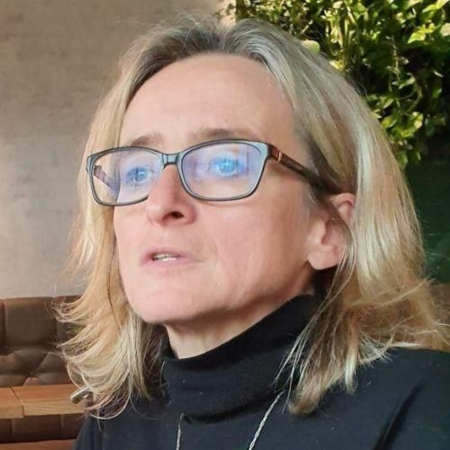
MARTA BIAŁECKA
Marta Białecka is a Professor of social sciences in the field of psychology, specializing in developmental psychology. Since 2021, she has been working at Nicolaus Copernicus University in Toruń, previously being associated with the Jagiellonian University in Cracow. Her research focuses on the development of social cognition, communication, and Theory of Mind during childhood and adolescence. She also investigates children's deception, the development of co-action, self-awareness, and critical thinking from a developmental perspective. She is the author of book The Birth and Development of Reflection on Thinking (2012, introduces the concept of metacognition and shows how children develop the ability to control and monitor their thoughts, which influences their cognitive abilities in the future.
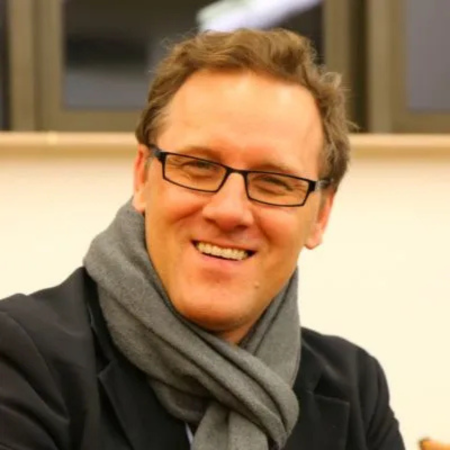
ARKADIUSZ GUT
Arkadiusz Gut is a Professor at Nicolaus Copernicus University in Toruń, where he leads the Department of Cognitive Science. He is a prominent figure in the field of cognitive science and philosophy of mind, with a specialization in developmental psychology. His research focuses on understanding the interaction between culture and cognition, particularly in the context of how individuals from different cultures interpret mental states and social development. His scientific work also covers topics such as autism and the portrayal of mental health in the media. Professor Arkadiusz Gut studied the impact of the COVID-19 pandemic on children in Bezledy. The results indicate that children viewed the disease as an enemy threatening their loved ones, and their stories focused on negative emotions. The research shows how children processed traumatic experiences and developed defense mechanisms in response to the crisis.
.png) MAŁGORZATA STĘPIEŃ-NYCZ
MAŁGORZATA STĘPIEŃ-NYCZ
Małgorzata Stępień-Nycz is an Associate Professor at the Institute of Psychology at Jagiellonian University in Kraków. She specializes in developmental psychology, focusing on the socio-emotional and cognitive development of children. Her research interests include the development of emotional representations, the role of emotional discourse, and the influence of language on emotional development. The author focuses her publications on the emotional and social development of children and adolescents. In the book "The Development of Emotional Representations in Childhood” analyzes how children learn to understand and express emotions. It focuses on how children learn to identify and understand their own emotions as well as the emotions of others, and how these skills influence their social-emotional development and interactions with their environment.
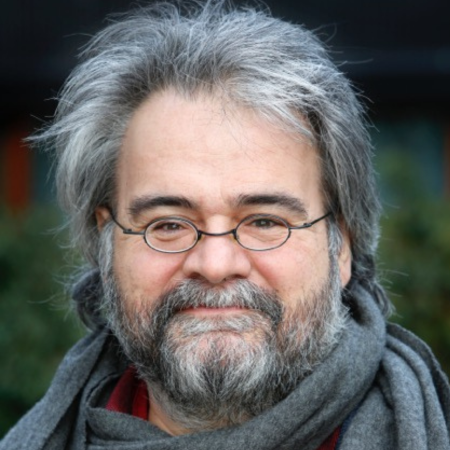
FRANCISCO PONS
Francisco Pons (Ph.D. from the University of Geneva) is a Professor of Developmental Psychology and Head of the Health, Developmental and Personality Section (HUP) at the Department of Psychology (Faculty of Social Sciences, University of Oslo). Prior to this, he has been working at the Universities of Geneva, Aalborg, Oxford, and Harvard. His teaching and research focuses on the development of emotional competence, metacognition and intelligence in both typical and non-typical children and adolescents. He explores these topics across Western (Latin, Slavic, Germanic) and Non-Western cultures (Quechua, Han, Fon) and aims to integrate developmental research with educational practices in kindergarten and schools. He has developed with Paul Harris (Harvard University) the Test of Emotion Comprehension (TEC), which has been translated into > 25 languages and is used by various clinical, educational, and research institutions worldwide
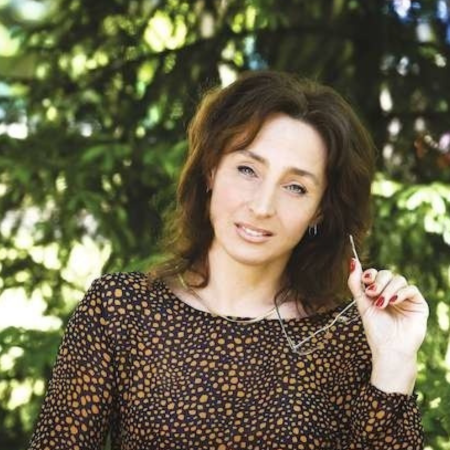
KATARZYNA LUBIEWSKA
Professor Katarzyna Lubiewska is a developmental psychologist at the University of Warsaw, specializing in research on the social development of children and adolescents. Her work focuses on the development of emotions and social competencies in young individuals. Her scientific interests also include attachment and intergenerational relationships within families, particularly in a cross-cultural context. The article “Maternal Reflective Functioning and Intergenerational Transmission of Attachment Orientations in Poland, the Netherlands, and Turkey” (2023) examines how mothers’ ability to reflect on their own and their child’s mental states influences the transmission of attachment styles across generations. It shows that higher maternal reflective functioning may help prevent the intergenerational passing of insecure attachment patterns.

FABRICE CLEMENT
Fabrice Clément is a Full Professor at the Institute of Communication and Cognitive Sciences at the University of Neuchâtel, where he conducts research within the Center for Cognitive Science. Clément is the founder and head of a research laboratory at the University of Neuchâtel, where he collaborates with a team of scientists on projects in the field of cognitive science. His work focuses on the mechanisms of credulity, the role of awareness and emotions in the evaluation of beliefs, and the criteria of trust in socialization processes. His publications include over 100 scientific papers. One of his most well-known articles is "To Trust or not to Trust? Children's Social Epistemology", in which he examines how children assess the reliability of information sources and develop the ability to engage in selective trust.
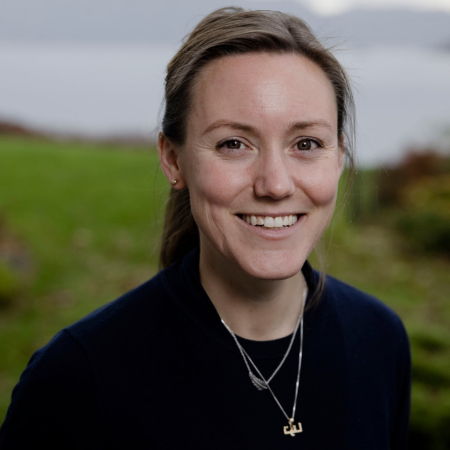
TONE KRISTINE HERMANSEN
Tone Kristine Hermansen is a PhD; Postdoctoral Researcher at the Department of Psychology at the University of Oslo. Tone Kristine Hermansen holds a degree in psychology and specializes in developmental psychology. Her research interests focus on how children detect gaps in knowledge or inconsistencies in the information they receive, and how they attempt to resolve these discrepancies. In her studies, she combines traditional experimental methods with modern techniques such as neuroimaging, allowing for an in-depth analysis of children's cognitive mechanisms. She is the author of numerous scientific publications, including the highly regarded review “Question-asking in childhood: A review of the literature and a framework for understanding its development”, in which she presents a theoretical framework for the development of children's question-asking abilities.
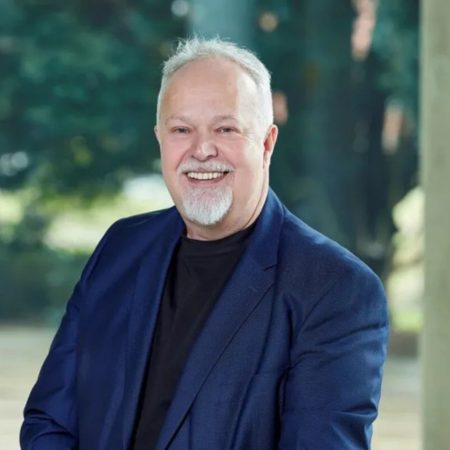
ARVID KAPPAS
Arvid Kappas is professor of psychology and Dean at Constructor University Bremen. He has been conducting research on emotions for over three decades. His research interests relate to how factors, such as the social context, or certain cognitive processes, influence how components of the emotion system interact, such as what people feel, what expressions they show, and how their body react. He is a fellow of the Association for Psychological Science as well as of the Society for Personality and Social Psychology. The study, “When is it right for a robot to be wrong? Children trust a robot over a human in a selective trust task” was authored by Rebecca Stower, Arvid Kappas. Children’s social attitudes further reflected a general favorability towards robots. Researchers found that children aged three to six are more likely to trust robots over humans. However, younger children displayed a stronger preference for the robot. They were more likely to choose the robot for sharing secrets or being friends. This willingness to trust robots over humans has significant implications for how robots and other technological agents might be integrated into educational and developmental contexts for children.
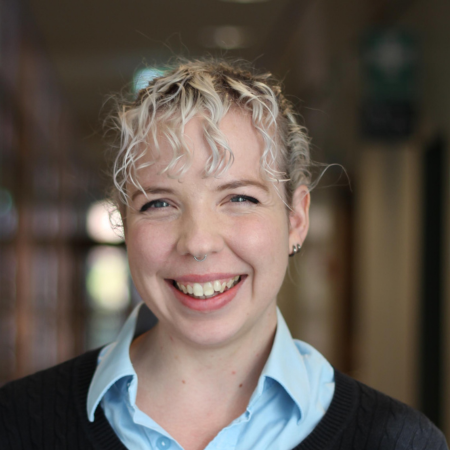
REBECCA STOWER
Dr Rebecca Stower is a psychologist specializing in human–robot interaction. She is currently working as a postdoctoral researcher in the Division of Robotics, Perception and Learning at the Royal Institute of Technology (KTH) in Stockholm. She is especially interested in the operationalization of social and non-social behaviors in robots, particularly in the context of examining how a robot’s embodiment influences users’ trust and learning processes. This issue becomes especially relevant in the case of children, whose interactions with social robots have attracted growing attention from researchers. In 2021, she completed her PhD in psychology at Jacobs University Bremen under the supervision of Professor Arvid Kappas, as part of the European ANIMATAS project. Her doctoral thesis focused on how children perceive and react to mistakes made by robots during interactions.

